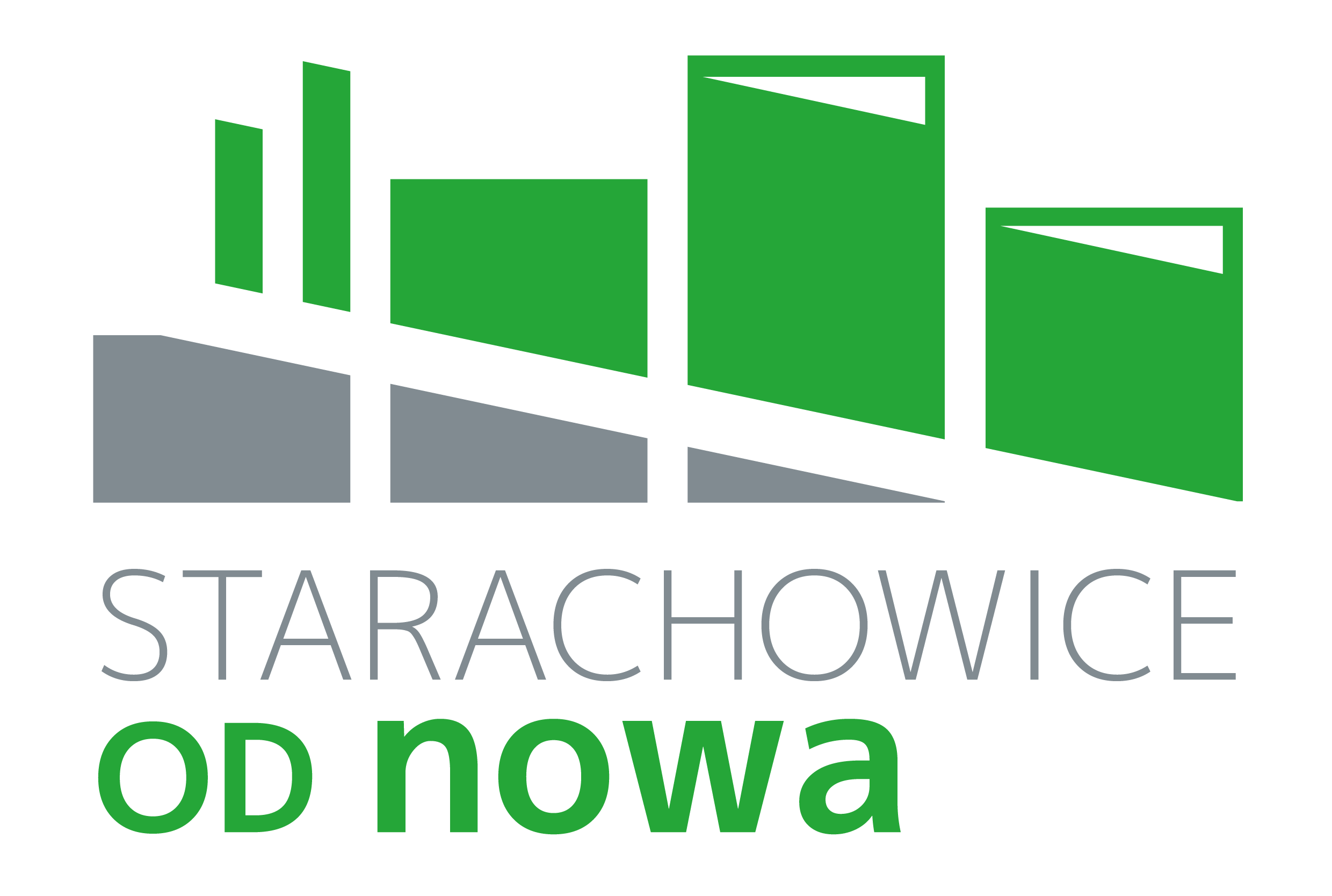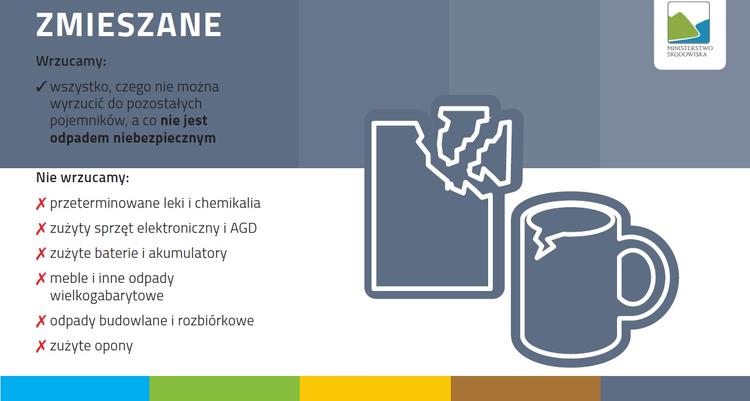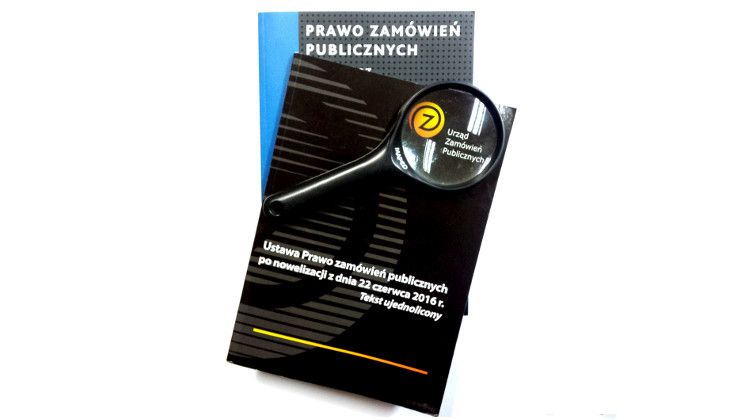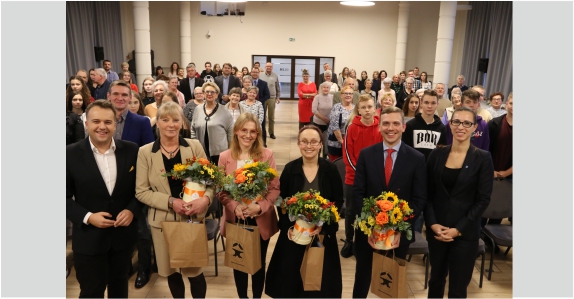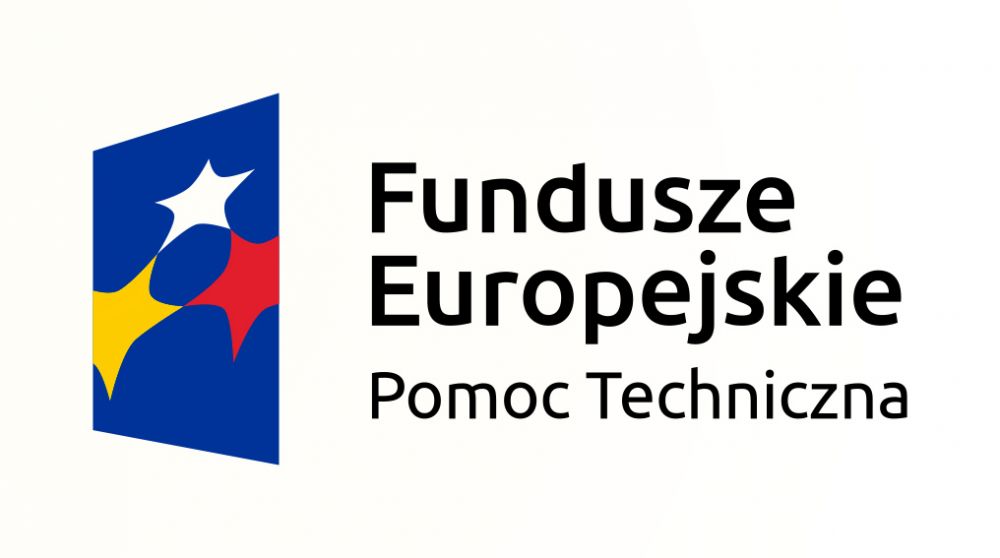- Wojciech Kryj
- Odsłony: 60233
W trosce o nasze środowisko przypominamy jak prawidłowo segregować odpady.
W poprzednich artykułach opisaliśmy jak prawidłowo segregować odpady BIO, METALE I TWORZYWA SZTUCZNE, PAPIER oraz SZKŁO.
- Wojciech Kryj
- Odsłony: 60764
Informujemy, że dla ulic w rejonie zabudowy jednorodzinnej: Agatowa, Boczna, Brzozowa, Bursztynowa, Cisowa, Diamentowa, Długa, Górzysta, Jodłowa, Krańcowa, Lempe, Lenartowska, Łazy, Najświętszej Marii Panny, Ostrowiecka, Polna, Powstania Styczniowego, Przeskok, Rubinowa, Składowa, Strażacka, Świerkowa, Turystyczna, Warszawka, Wschodnia, Wspólna, Zaułek, Zgodna, Żabia ulega zmianie termin odbioru z dnia 29.12.2019 r. (niedziela) na dzień 27.12.2019 r. (piątek). Zmiana nastąpiła w związku z błędnym podaniem terminu w harmonogramie odbiorów odpadów komunalnych. Za utrudnienia przepraszamy.
Referat Gospodarki Komunalnej, Dróg i Ochrony Środowiska
- Edyta Hamera
- Odsłony: 65705
W dniu 27.11.2019 r. zostało wszczęte postępowanie pn. „Budowa boiska sportowego przy Szkole Podstawowej Nr 2 w Starachowicach” w ramach zadania inwestycyjnego pn. „Budowa boiska wielofunkcyjnego i poprawa infrastruktury edukacyjnej w Szkole Podstawowej nr 2 w Starachowicach”.
- Edyta Hamera
- Odsłony: 68469
W dniu 22.11.2019 r. zostało wszczęte postępowanie pn. Część I ,,Naprawy bieżące, konserwacje i usuwanie awarii w zakresie robót instalacyjnych w lokalach stanowiących własność gminy”.
Część II ,,Naprawy i konserwacje jako roboty ogólnobudowlane oraz elektryczne”.
- Kamil Stanos
- Odsłony: 71901
W środę 20 listopada 2019 r. w Sali Olimpia w Urzędzie Miejskim odbyła się konferencja podsumowująca projekt "Starachowice OD nowa", czyli projektu od którego rozpoczął się cały proces rewitalizacji w Starachowicach.
